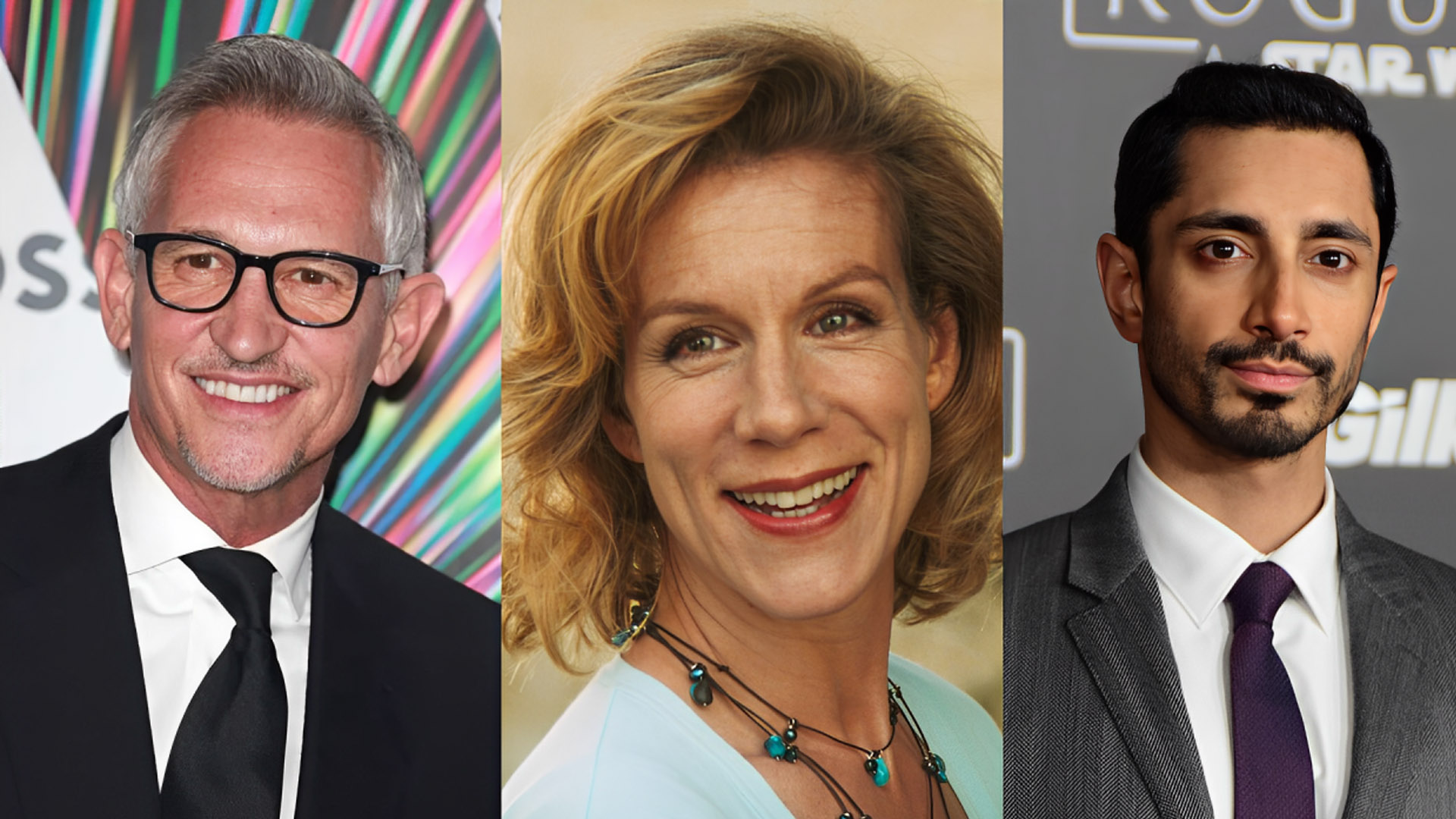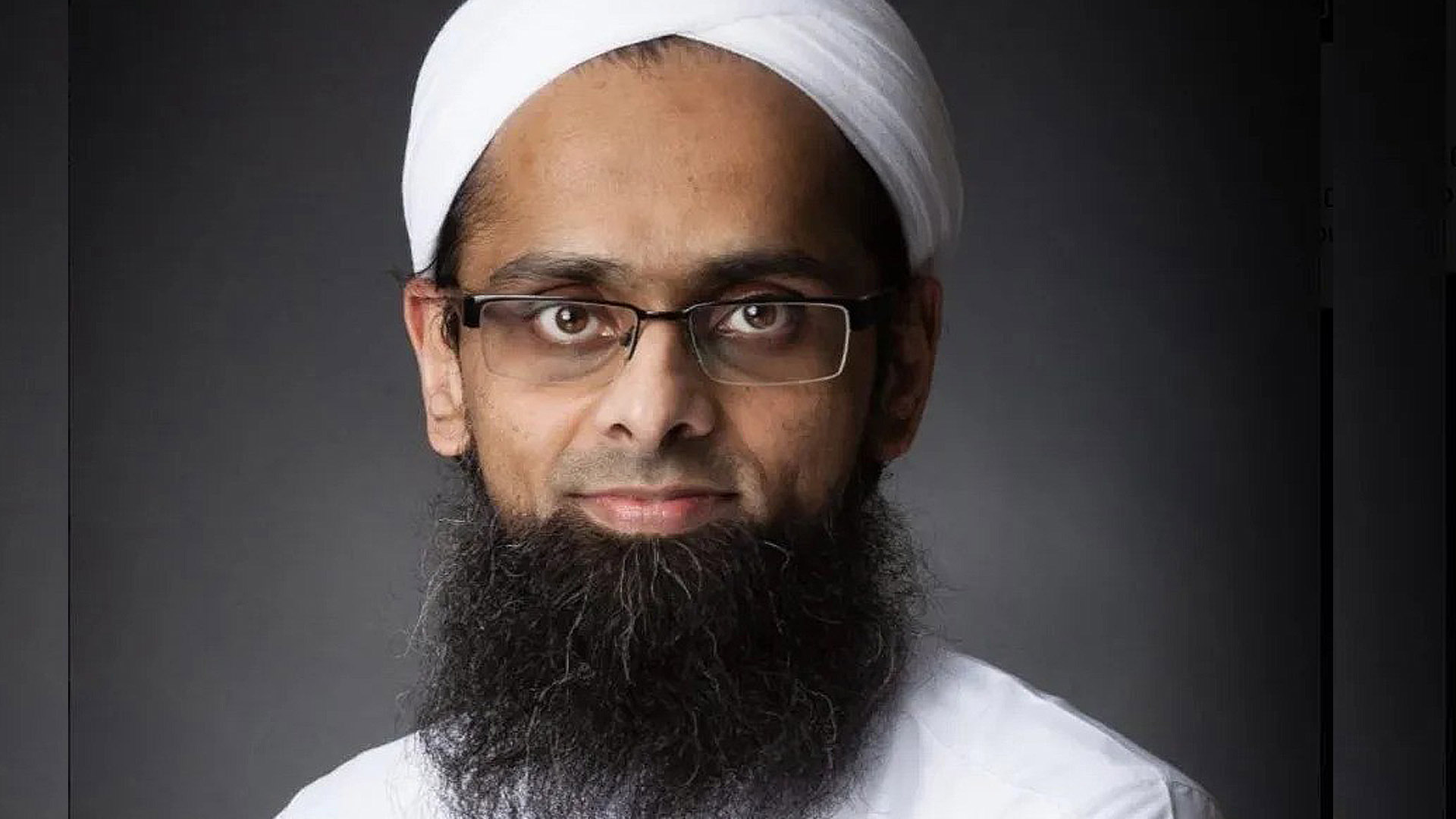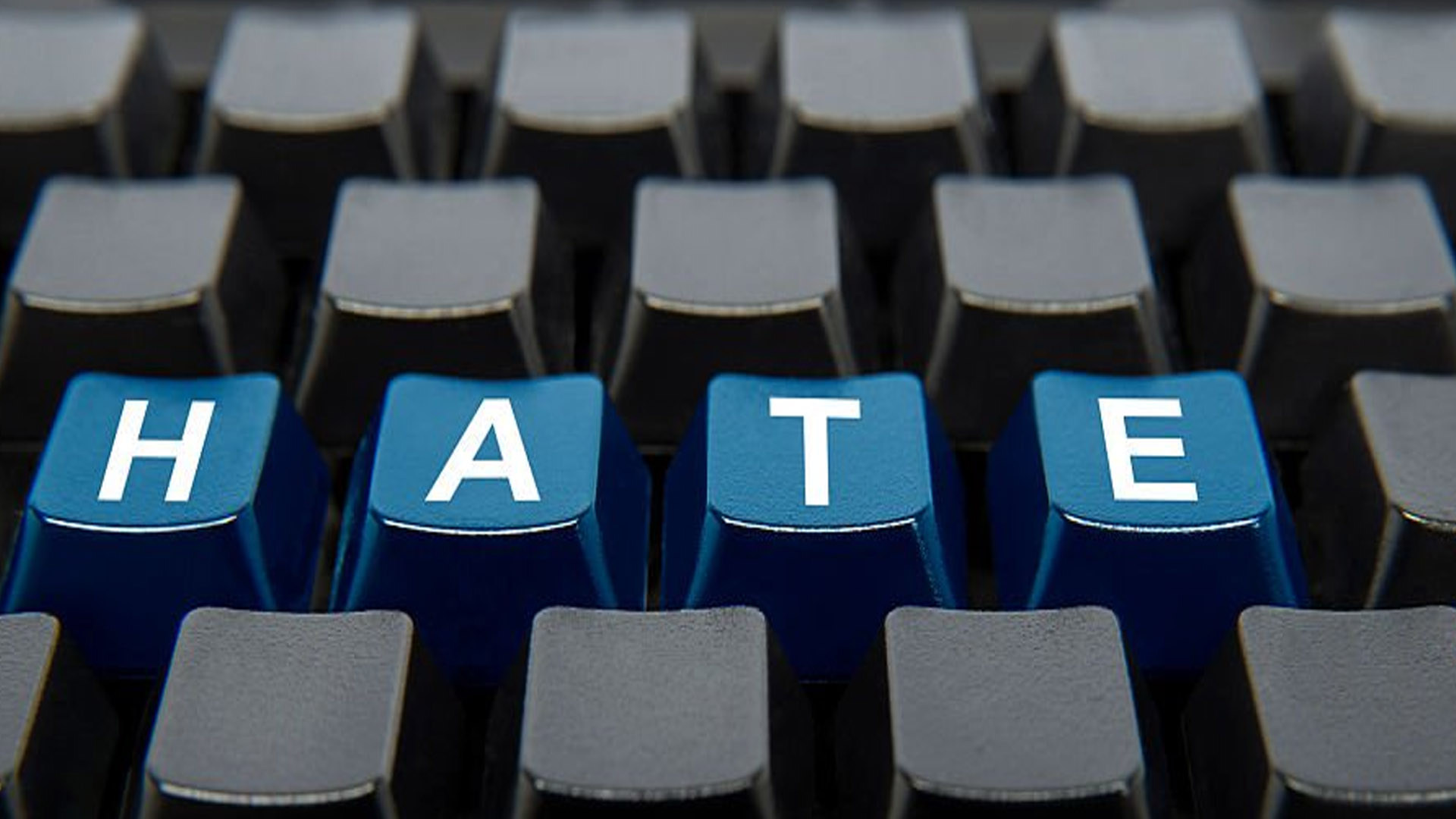
Elham Asaad Buaras
The BBC is facing mounting criticism from prominent media figures after it pulled the documentary Gaza: How to Survive a War Zone from its streaming platform. The decision followed complaints from pro-Israel activists, sparking accusations of censorship and bias. The documentary aired on February 24 but was removed later that week after a campaign led by Israel’s Ambassador to the UK, Tzipi Hotovely, and other Zionist lobby groups. Critics objected to the film’s child narrator, who is the son of a Palestinian minister within the Hamas-run Gaza government.
In response, 500 journalists, actors, and media professionals have signed an open letter condemning the BBC’s decision. Addressed to BBC executives, the letter describes the film as “an essential piece of journalism, offering an all-too-rare perspective on the lived experiences of Palestinians.”
The letter also challenges the basis of the criticism, arguing that it stems from “racist assumptions and weaponisation of identity.” It points out that the teenage narrator’s father, a deputy agriculture minister, is a civil servant focused on food production. “This broad-brush rhetoric assumes that Palestinians holding administrative roles are inherently complicit in violence – a racist trope that denies individuals their humanity and right to share their lived experiences,” the letter states.
Among the high-profile signatories are sports presenter and former footballer Gary Lineker, actor and musician Riz Ahmed, actors Ruth Negga, Juliet Stevenson, and Miriam Margolyes. Other notable supporters include Bridgerton star India Amarteifio, filmmaker Ken Loach, writer Max Porter, photographer Misan Harriman, comedian Jen Brister, presenter Ayo Akinwolere, and actor-comedian Asim Chaudhry. Reports suggest that up to ten current BBC staff members may have also endorsed the letter.
The BBC initially attempted to address concerns by adding a disclaimer to the documentary following remarks from pro-Israel activist David Collier, who earlier controversially claimed that Palestinian identity was a modern political construct. However, pressure intensified when a group of 45 prominent Jewish journalists and media professionals, including former BBC governor Ruth Deech, sent a letter demanding the film’s removal. They described the Palestinian minister featured in the documentary as a “terrorist leader.”
Hamas’s military wing has been classified as a terrorist organisation by the UK since 2006, with its political wing added to the list in 2021. However, many civil servants in Gaza are not affiliated with Hamas’s political activities and have worked in government roles predating the group’s control of the territory.
Pro-Palestinian groups have also mobilised against the BBC’s decision. Organisations such as Stop The War Coalition are urging supporters to lodge formal complaints, arguing that the BBC has a duty to represent Palestinian perspectives. A pre-written letter circulating among activists asserts that Palestinians deserve the right to share their own narratives without interference from external pressure groups.
“The issue here is not the identity of the narrator or his family background,” the letter states. “It is about the systemic denial of Palestinians’ right to tell their own stories. The documentary barely scratches the surface of the suffering endured by civilians in Gaza, yet even this limited account has been deemed too controversial to remain accessible. This decision is not just a failure of journalistic ethics; it is an act of complicity in the ongoing oppression and silencing of the Palestinian people.”
The letter further criticises Israel advocacy groups for attempting to delegitimise Palestinian narratives, no matter how well-documented. It calls on the BBC to uphold its responsibility as a public service broadcaster by resisting external pressures and ensuring that marginalised voices are heard. By removing the documentary, the BBC has been accused of abandoning this duty, aligning itself instead with those seeking to control and distort the narrative surrounding the Israeli-Palestinian conflict.
On March 5, BBC Director-General, Tim Davie, and Chair Dr. Samir Shah faced the Culture, Media, and Sport Committee over the organisation’s handling of the controversy. During the session, MP Dr. Rupa Huq questioned whether the BBC had thrown “the baby out with the bathwater” in removing the documentary. While the BBC maintains that there were “serious flaws” in how the film was made, it has not acknowledged broader concerns about its editorial integrity in covering Gaza. In response to questioning, Tim Davie agreed that an independent review into the BBC’s Middle East coverage was necessary—an admission critics argue underscores the need for greater transparency and accountability.
Former BBC Middle East specialist Karishma Patel also spoke out about the organisation’s editorial decisions regarding Gaza. Reflecting on her experience, she recalled pitching the story of five-year-old Hind Rajab, a Palestinian girl trapped in a car with her murdered relatives. “I stood in front of my team, pitching – for the second time – the story of a five-year-old girl trapped in a car with her murdered relatives: Hind Rajab,” Patel stated. She had been following the Red Crescent’s constant updates as they tried to save Hind, but “the BBC department I worked for chose not to cover her story that day.”
It was only after Hind was killed—when Israeli forces fired 300 rounds at the car—that the BBC finally acknowledged her case. Even then, Patel noted, “the article headline didn’t even make clear who had done what. It shied away from coming to a conclusion.” Her account underscores long-standing concerns about the BBC’s hesitance to fully report on Palestinian suffering and its tendency to obscure clear accountability in its coverage.
Photo: Former footballer Gary Lineker, actors Riz Ahmed and Juliet Stevenson are among 500 media professionals who have signed a letter condemning the BBC’s decision to withdraw its Gaza documentary.
(Credit: WikiCommons)

